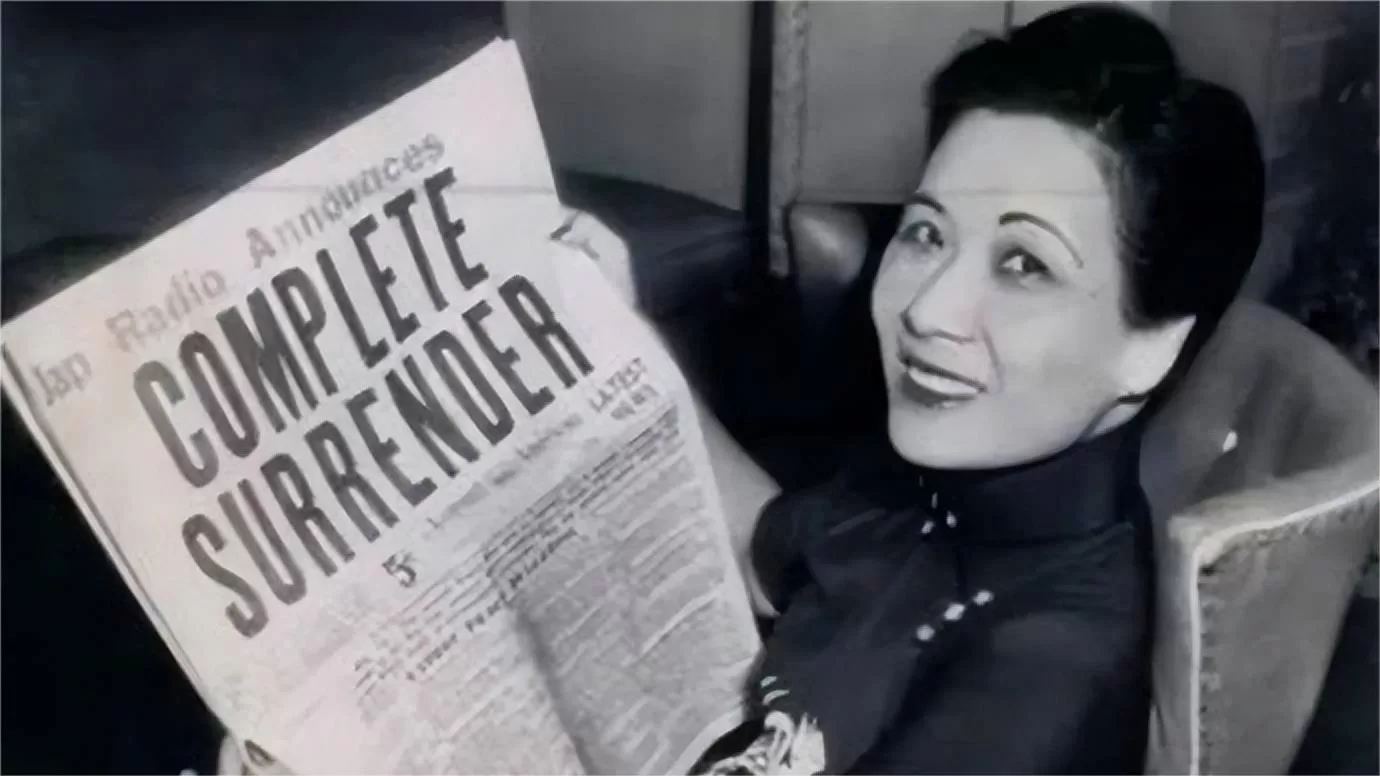Soong Mei-ling, also known as Madame Chiang Kai-shek, was an influential and prominent figure in 20th-century Chinese history. Born on March 5, 1898, in Shanghai, China, she played a crucial role in shaping the political landscape during a tumultuous period marked by war, revolution, and nation-building. As the wife of Generalissimo Chiang Kai-shek, she was the First Lady of the Republic of China, but her impact extended far beyond that title.
Growing up in a privileged and well-educated family, Soong Mei-ling received an exceptional education in both China and the United States. She studied at Wellesley College in Massachusetts, where she acquired fluency in English and developed a strong understanding of Western culture and politics. This education would prove to be invaluable later in her life as she navigated the complexities of international diplomacy.
Her life took a dramatic turn when she married Chiang Kai-shek in 1927, a year after he became the leader of the Nationalist Party, or the Kuomintang (KMT), in China. Soong Mei-ling quickly became a crucial partner to her husband, playing a significant role in his political career. As First Lady, she used her fluency in English and charisma to build alliances and garner support for China’s cause on the international stage.
During World War II, she became an influential advocate for China and the Allies, particularly in the United States. Her impassioned speeches and heartfelt appeals for support helped raise awareness about China’s struggle against Japanese aggression and solidified American public sympathy for China’s plight.
Madame Chiang’s efforts were instrumental in securing vital economic and military aid from the United States during the war. Her advocacy also contributed to China becoming one of the founding members of the United Nations, further enhancing its international status and recognition.
Apart from her diplomatic role, Soong Mei-ling was an active and influential figure within Chinese society. She championed various social causes, particularly women’s rights and education. As an advocate for women’s empowerment, she sought to elevate women’s status and encouraged their participation in public life, breaking the traditional gender roles prevalent at the time.
Madame Chiang was also deeply involved in cultural affairs and took great interest in promoting Chinese art, literature, and history abroad. She worked to enhance China’s cultural image and strengthen cultural ties with other nations.
However, despite her achievements and popularity on the international stage, Soong Mei-ling faced challenges and controversies at home. The KMT’s rule was plagued by corruption and political unrest, which tarnished her husband’s image and undermined the government’s legitimacy. Criticism and dissatisfaction with the Chiang regime grew, leading to the eventual fall of the Nationalist government in mainland China in 1949, when the Communist Party, led by Mao Zedong, emerged victorious in the Chinese Civil War.
In the aftermath of the Communist victory, the Chiangs retreated to Taiwan, where they established the Republic of China on the island. Madame Chiang continued to support her husband’s efforts to maintain the idea of the “Two Chinas” and the Republic of China as the legitimate government of all of China, despite the reality of Taiwan’s political isolation.
Soong Mei-ling remained active in Taiwanese politics and continued to be involved in international diplomacy. However, as Taiwan transitioned to democracy in the late 20th century, the KMT’s political dominance waned, and the Chiang family’s influence diminished.
In her later years, Madame Chiang lived a more private life, although she occasionally made public appearances and continued to support various charitable causes. On October 23, 2003, at the age of 105, she passed away in New York City, ending a remarkable and eventful life that had witnessed the transformation of China from an imperial monarchy to a modern nation-state.
Soong Mei-ling’s legacy remains a subject of debate and admiration. While some laud her as a charismatic diplomat and champion of Chinese nationalism, others criticize her association with an authoritarian regime and failure to prevent the loss of mainland China to the Communists. Nonetheless, her contributions to China’s history, her role in advocating for her country on the global stage, and her efforts to promote women’s rights and education have left an enduring impact on the nation’s development and identity.


